Stories from the Farm
Thoughts from our Farm Team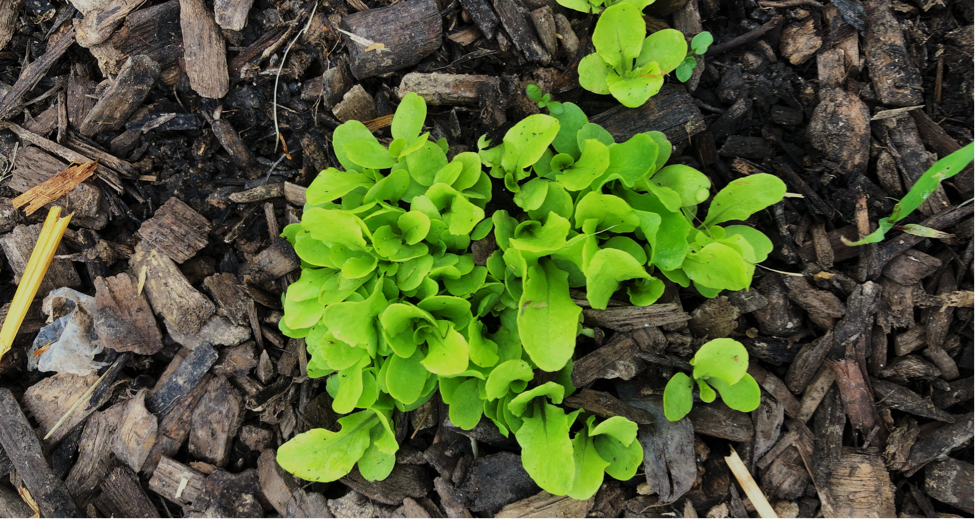
Thin Spaces
At this time of year, we have the hardest task on the Cedar Ridge Farm. For almost all of our volunteers, this is worse than digging raised beds, pulling up deep-rooted weeds, or pushing wheelbarrows of compost back and forth to the plots. It is the difficult—almost painful—task of thinning the seedlings!
“But they look so healthy!” is a common objection. And they are. Vibrant green leaves sunning themselves atop the vertical stalks that grow noticeably taller each day. It is so hard to pull out something so alive, something with so much potential.
“Can we replant them?” is a frequent request. We long to keep them all—however full the rows may be. But generally the roots are damaged and the tender seedlings can’t be saved.
This task always causes me to consider my life—with its many competing priorities: the family events and social occasions, fun activities and half-started projects, the necessary obligations, and self-imposed commitments. All of them are good in their own way, but there are just too many!
Rationally and experientially, I know the benefits of thinning. I’ve watched the seedlings that remain plant their roots deep into the soil and stretch out their limbs with exuberant foliage. I’ve seen the same in my own life, where less has meant so much more. Fewer, more focused activities that yield more satisfying results. More time with those I love the most. More stillness in which to sense God.
Celtic Christians have long talked of “thin spaces”—places where heaven and earth seem to come close, and God can be more readily experienced. This year, I will again use this reminder to try to simplify my life—or at least put a check on the escalating busyness—and create some “thin spaces” in my days. Care to join me?
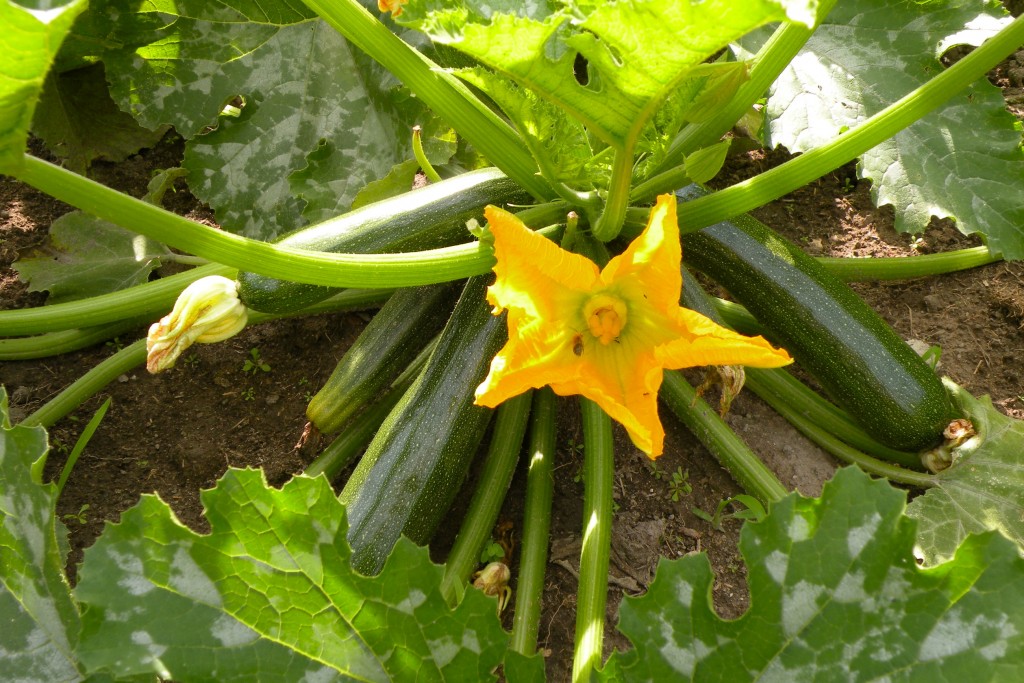
“Don’t worry,” said Jesus. Look at the zucchini!
One of my friends who helps on the farm each week has learning difficulties. Sometimes they help him see things that I would otherwise miss. Like how funny zucchinis are… and let’s face it, they are! Even the word “zucchini” is funny. If you check the farm harvest log, you will see that almost no one knows how to spell it.
Zucchini leaves are so big, the stalks so hairy, the flowers so yellow. Each time my friend finds a fruit hidden away in the depths of the plant, he proclaims, “Zucchini!” and laughs heartily at the ridiculousness of it all.
I don’t mean to make light of the hurdles my friend has to face, but I would love to capture something of his sense of wonder and joy. To see life for what it is: a crazy place where bulging green fruit grows under sprawling leaves, where flowers are dressed up to the nines for the sheer fun of it, and birds sing the day away without a care in the world.
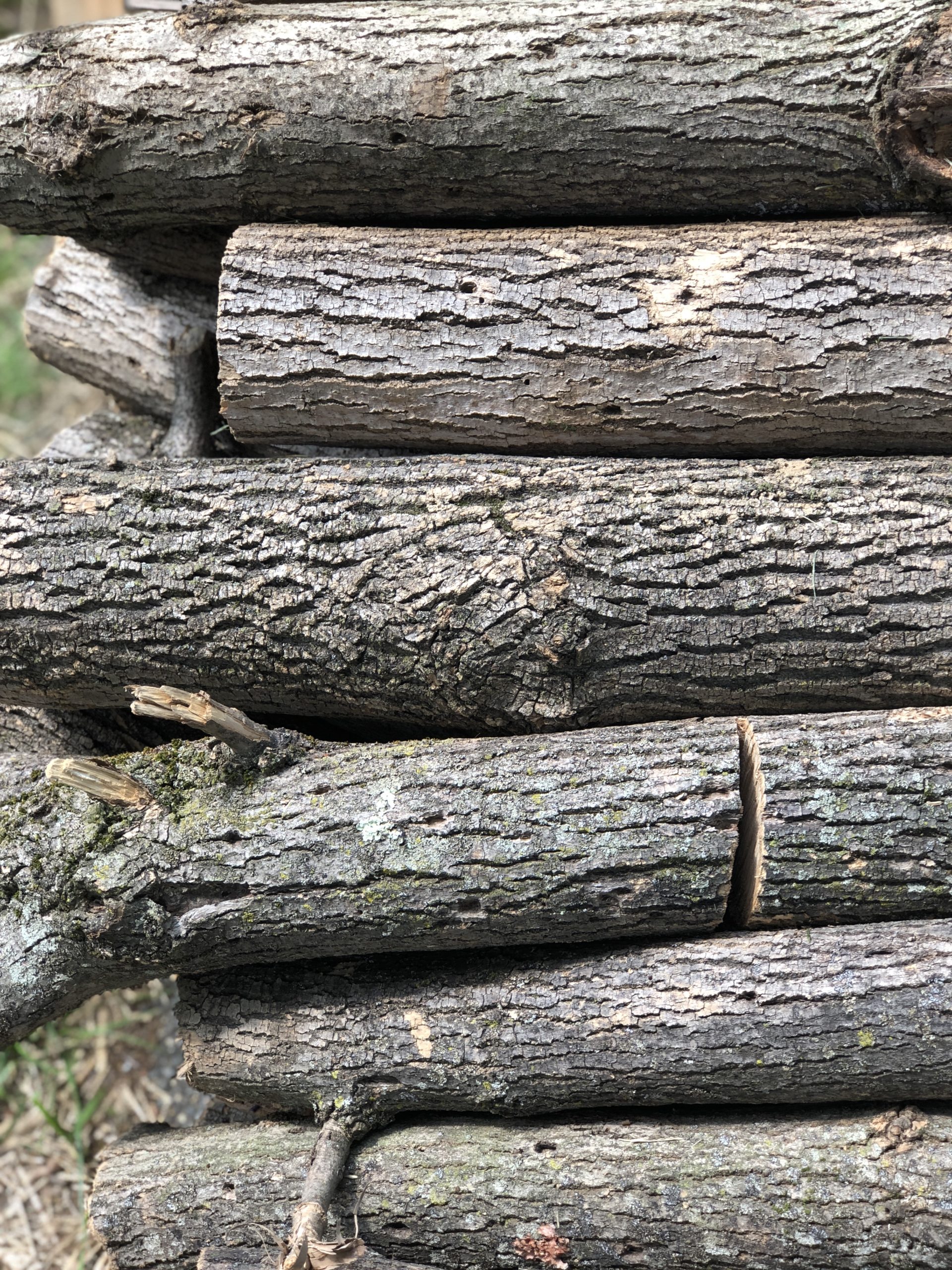
The Treacherous Beauty of Ash
“I have some bad news,” said the arborist. “Your ash tree is infected with Emerald Ash Borer and, in accordance with USDA regulations, I need to cut it down and take away all the lumber for burning. My heart sank. In addition to the cost and the loss of a huge beautiful tree in my backyard, there was the farm to think about. In the name of thriftiness, environmental stewardship, and natural aesthetics, I had used 50 hefty logs from limbs that came down during a storm to weight down the row covers. I would now have to go to the farm early the next morning to haul away almost half a ton of lumber, and replace it with sterile bricks. Not fair! I wished she hadn’t told me; I would have preferred not to know.
This morning, as I lugged the wood up the slope to the parking lot one tedious wagonload at a time, I waited for a flash of insight. Some life lesson that would make this all worthwhile. I’m still waiting. This is all I’ve got: sometimes doing the right thing is really hard. Do it anyway.
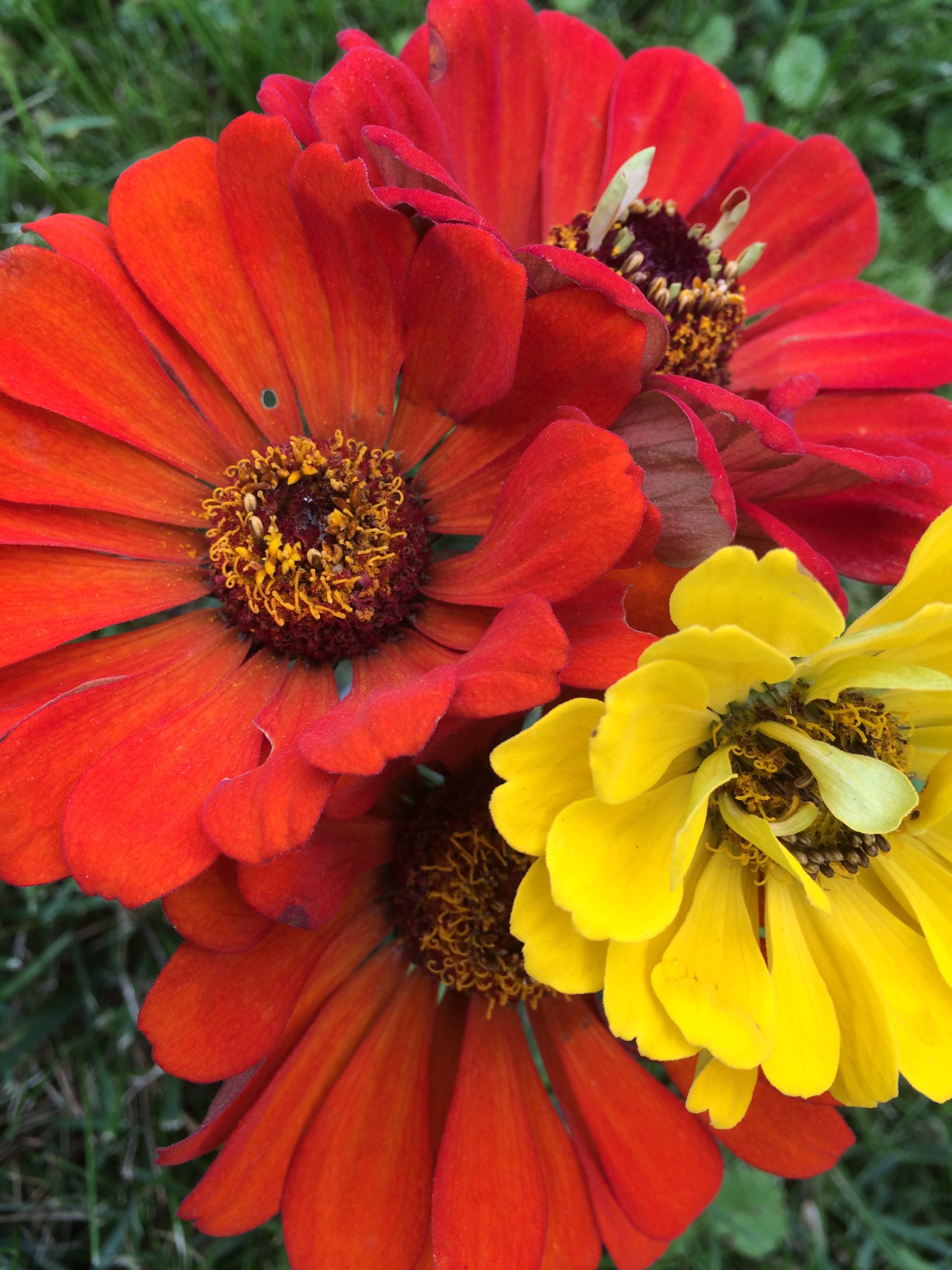
Life and Death on the Autumnal Equinox
Today marks the beginning of autumn—my very favorite season. On the farm, the early morning chill sharpens my senses. The flowers blaze in fiery shades of red, orange and yellow, enchanting a dozen butterflies. The freshly pulled carrots release a sweet, earthy smell that reminds me of my childhood. The swollen blackberries fall heavy into the palm of my hand. Peppers explode from plants that have produced nothing but leaves these past five months. The farm seems peculiarly alive.
As I drag 100lbs of lettuce and cabbage toward the barn, I feel the perennial mix of relief, exhaustion and sadness at the approaching end of the season. It seems so wasteful to pull up productive plants to sow the cover crop. There is still so much potential: the purple eggplant blossoms proclaim an unwillingness to call it a day. But autumn is here—the cooling or drying-up season, etymologically speaking. “There is a time to plant and a time to uproot,” says the writer of Ecclesiastes. “A time to be born and a time to die.”
…and there it is—that inextricable connection between life and death. The death of the seed that gives birth to the plant; the death of the fruit that gives life to the eater; the death of the plant that allows life to return to the soil… Autumn marks the death of summer, but the start of the path towards Christmas, and a birth that brings life to all.
Our community has been touched by death once again this week. But we celebrate life: Joe’s life, and the life he brought to others; and the life he still lives, that flourishes beyond death. We celebrate resurrection and hope, the passage of time, the changing of the seasons, the victory of life over death.
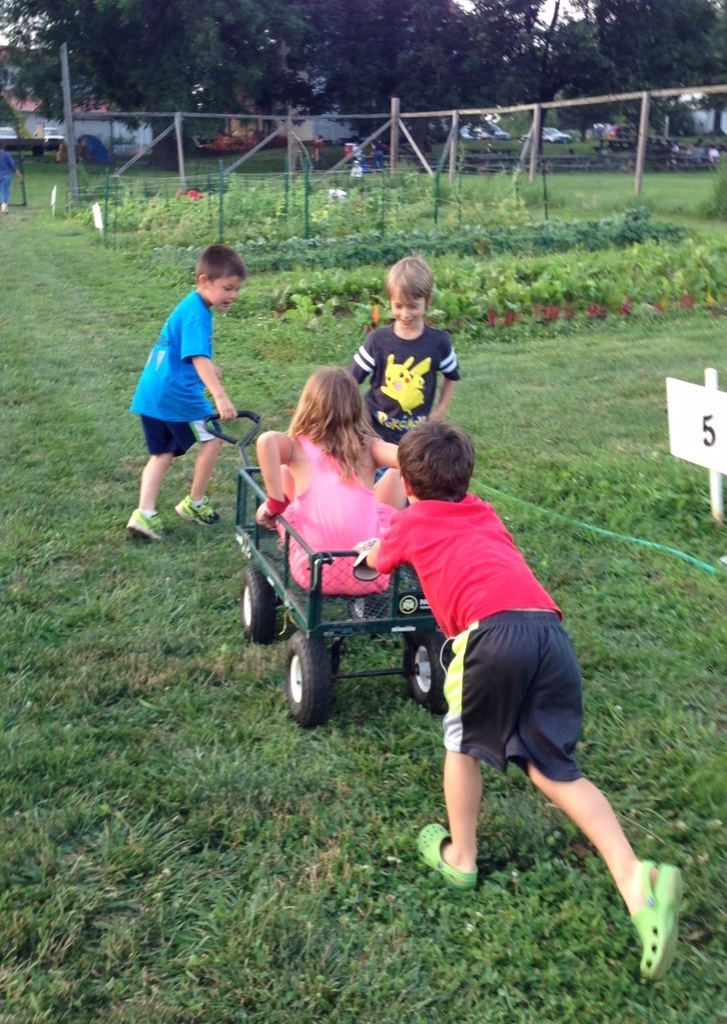
Not Defeated, But Blessed (by Wil Corvey)
Not everything we plant makes it to harvest. This year, squash beetles have destroyed whole rows on the farm. It’s difficult to see hard work, seeds, and water go to waste, and it’s sad to admit that we won’t be able to pass whole crops along to the families we partner with. And it’s hard not to be angry with our pests. Many people are; all the articles on squash beetles seem to be about eradicating them. Despite the abundance around us, we can feel a little defeated.
I love working with children on the farm, because they don’t see the problems. At the recent Craft Brews and Sodas evening, squash beetle and slug collecting became games. While adults hacked at weeds to clear away ground, kids had productive play with farm tools. Where adults hauled away trimmings for compost, kids raced wheelbarrows. Perhaps by design, playfulness is contagious. There was more laughter by the end of the clearing and re-sowing than when we began, despite the difficulties.
Children can help us all to engage with service as a process. Beetles (and groundhogs and dry spells and weeds) defeat us only if we see farming primarily as a means to an end. We’ll never grow everything nor feed everyone that we’d wish. Not everything will go according to plan. But we grow so much! And people really are helped! And I think the farm is more than the food we produce. It’s a statement made in sweat and water and soil: we’re partnering with the earth and one another to help our brothers and sisters. What a blessing it is to be able to farm!
Interested in helping out with the farm?
Learn about the farm and how you can participate in our work.
